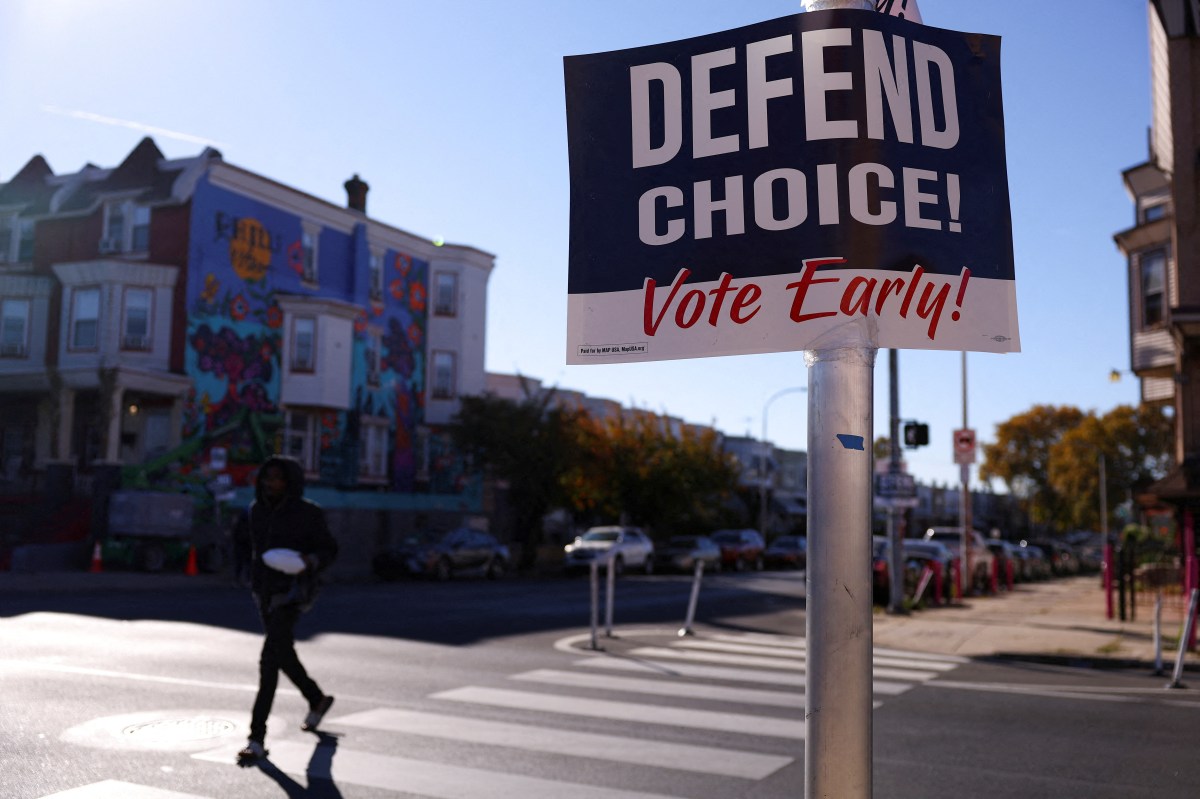WASHINGTON (Reuters) – President Donald Trump said New Jersey congressman Jeff Van Drew had “guts” when he abandoned the Democratic Party to join the Republicans, while an opponent nicknamed him “Switcheroo Van Drew.”
Next week, Van Drew will learn what voters in his district think of the move.
Recent polling indicates he is struggling in his Nov. 3 race for re-election in New Jersey’s 2nd Congressional District against Democratic challenger Amy Kennedy, a former schoolteacher who married into the storied American political family. Nonpartisan political analysts say the contest is a toss-up.
In a bad omen for Van Drew, Trump – to whom the congressman pledged “undying support” in an Oval Office appearance last year – is also running behind Democratic presidential candidate Joe Biden in Van Drew’s district, which stretches across southern New Jersey and includes Atlantic City.
Trump, who carried New Jersey’s 2nd Congressional District by 4.6 percentage points in 2016, is now trailing Biden by 3 points there, the Monmouth University Poll said this month.
“This is a race where whoever wins the presidential contest will probably carry in the congressional winner as well,” said Ben Dworkin, director of the Institute for Public Policy & Citizenship at New Jersey’s Rowan University.
Van Drew’s challenger says many south New Jersey voters, suffering from unemployment and worried about their healthcare, changed their minds about Trump because of his handling of the coronavirus pandemic. “It’s really revealed a lack of leadership … a failure to be able to really organize an appropriate response,” Kennedy said in an interview.
Elected to the House of Representatives in 2018 as a Democrat, Van Drew changed parties in December 2019 after disagreeing with the vast majority of Democrats on whether Trump should be impeached for trying to pressure a foreign government, Ukraine’s, to help the president win re-election.
Van Drew was one of just two Democrats to vote against both articles of impeachment against Trump in the House. The Senate acquitted the president.
Trump praised Van Drew before thousands of cheering citizens at a New Jersey rally in January. Van Drew also got a four-minute speaking slot at the Republican National Convention.
Van Drew did not respond to a request for comment.
But nearly half the voters in the Monmouth University Poll released on Oct. 5 said they were bothered by Van Drew’s party switch. Kennedy led Van Drew in the poll, 49% to 44%.
Van Drew argued in an Oct. 9 debate with Kennedy that he has felt a “tremendous amount” of support for his party change. His district had been represented by a moderate Republican for 24 years before Van Drew won it in 2018.
But Patrick Murray, director of the Monmouth University Poll, said Van Drew comes from a Republican part of his district and may have miscalculated what voters district-wide would think of his party switch – as well as how area attitudes might change about Trump.
“They look at it as just him trying to read the tea leaves and switching his party for whatever is most beneficial for his re-election prospects,” Murray said.
Brigid Harrison, a political science professor at Montclair State University who was one of those who lost to Kennedy in the Democratic primary, said Van Drew looks vulnerable: “It really appears for all intents and purposes that Amy can knock him off.”
(Reporting by Susan Cornwell; Editing by Scott Malone and Jonathan Oatis)
























